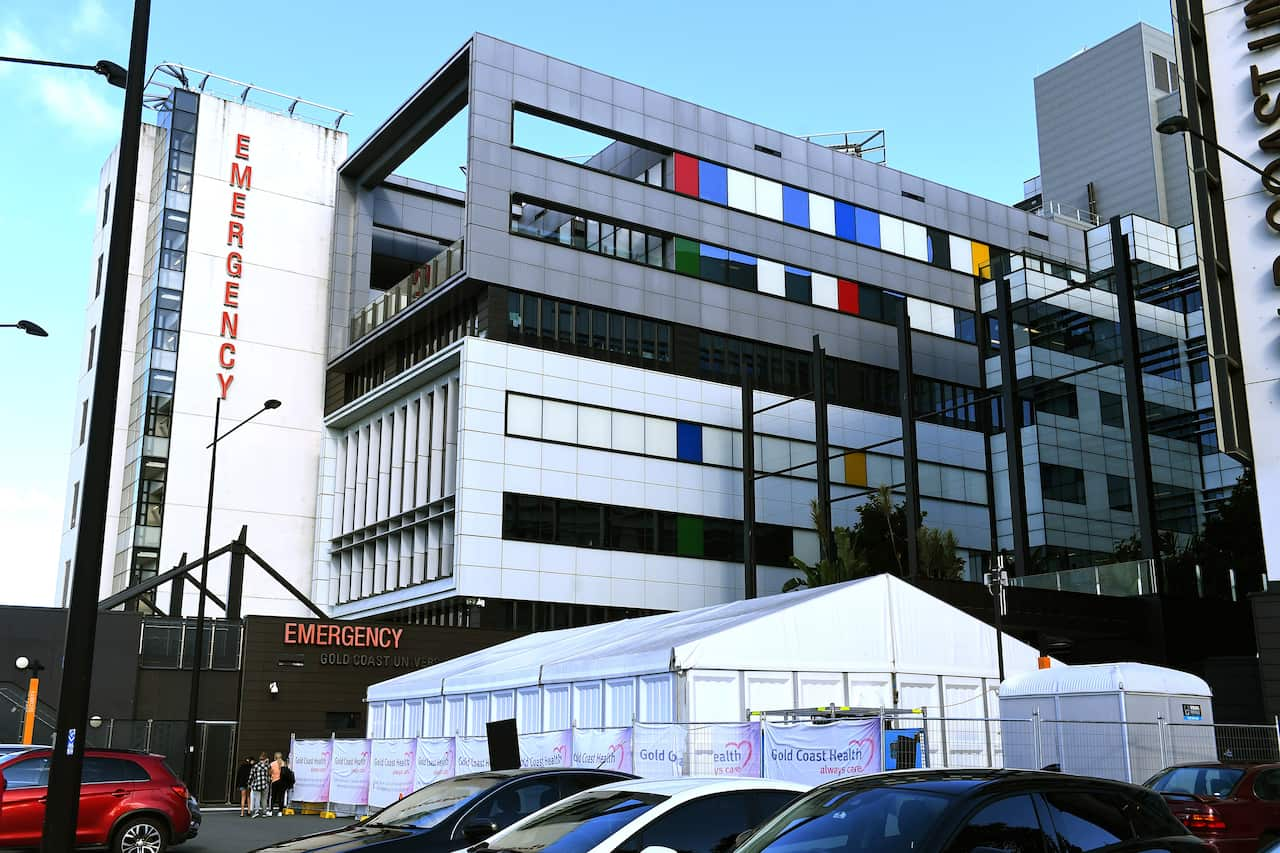Key Points
- Abortion has been decriminalised in Queensland, but barriers remain
- Some of the barriers have been exacerbated by the COVID-19 pandemic
This article contains references to self-harm.
Women seeking an abortion in Queensland are facing bills of up $17,000, lack of support from doctors and social stigma, three years after the procedure was decriminalised, a new study shows.
University of Queensland (UQ) researchers say women still face barriers to safe, timely and affordable pregnancy terminations in the state.
They're being impeded by affordability, unsupportive healthcare professionals, social stigma and domestic violence.
Researcher Maryanne Cleetus says in some cases those barriers were exacerbated by the pandemic.
"The effect of these barriers was extremely concerning - some clients said they had considered using unsafe termination methods or had undertaken self-harm," she said in a statement.
What did the study find?
The UQ study looked at more than 87,000 interactions between 1993 women and a pregnancy counselling service between December 2018 and June 2020.
About 84 per cent of those who contacted the service wanted financial help to pay for termination, help navigating the healthcare system or counselling and support for their decision.
The remainder wanted grief or acceptance counselling after an abortion, particularly after being coerced or exposed to violence by intimate partners or their families.
The researchers also found the cost of abortion varied significantly depending on a woman's location, situation and gestation.
One 23-year-old woman living in a remote area, who was 20 weeks' pregnant, told the counselling service she had been quoted $17,000 for an abortion.
Clients lacking financial means suffered mental distress and delayed access, the study said.

One 24-year-old who was 18 weeks pregnant said she considered suicide when she was quoted the price of the procedure, and also thought about self-abortion.
The study mentioned a mother who called the service to speak about her pregnant 16-year-old daughter.
"Mum said [client] has already tried to cut her wrists and is attempting to self-abort through self-harm," the report said.
Some 43 per cent of clients also reported family or intimate partner violence, including coercion and abuse.
"A client of unknown age at 18 weeks' gestation reported that the MIP [man involved in pregnancy] called them 'a murderer' for choosing a ToP (termination of pregnancy) and that he stole the money she had saved for ToP," the study said.
Women seeking abortion face social stigma
Many women faced social stigma from family and friends for choosing to terminate their pregnancy.
This made some reluctant to reveal their pregnancy, or abortions, to their social circles, the study said, meaning they had limited financial and emotional support.
The researchers noted that some healthcare practitioners hindered some women, or refused to refer them to the public system for the procedure.
Some GPs advised women that termination was unsafe or unavailable in the public system, but the clients later found out that that wasn't true.
The researchers said the study showed decriminalisation alone hadn't guaranteed reproductive autonomy in Queensland.
They called for more state government investment in healthcare options, particularly preventative models to remove cost burdens.
Study co-author Dr Judith Dean said there needed to be more sexual and reproductive education for both consumers and health professionals as well.
"Our findings demonstrate the complexity of ensuring equitable access to termination of pregnancy care," she said.
In July, Prime Minister Anthony Albanese said his government would not revive a 2019 election policy where Labor would have looked to make public hospitals provide abortion services as part of their federal funding arrangements.
Mr Albanese said it was up to the states to decide what services are offered at public hospitals, despite them receiving funding from the Commonwealth.
Also that month, Queensland Health Minister Yvette D'Ath said expanding abortion services was a priority for the state government, with most residents in regional areas still having to travel to Brisbane for a surgical termination.
"I don't want to just fill the gaps they left behind, I want to see an improvement across our (health services)," Ms D'Ath told a budget estimates hearing in July.
"I know that the majority of women, for surgical terminations, are still having to travel to Brisbane."
Work was underway in Townsville and central Queensland to improve access, and Ms D'Ath had asked all health districts to look at service provision.
"I do want to see more services provided and more accessibility, because we know timing is essential around these issues," she said at the time.
Readers seeking crisis support can contact Lifeline on 13 11 14, the Suicide Call Back Service on 1300 659 467 and Kids Helpline on 1800 55 1800 (for young people aged up to 25). More information and support with mental health is available at Beyond Blue.org.au and on 1300 22 4636.
Embrace Multicultural Mental Health supports people from culturally and linguistically diverse backgrounds.

